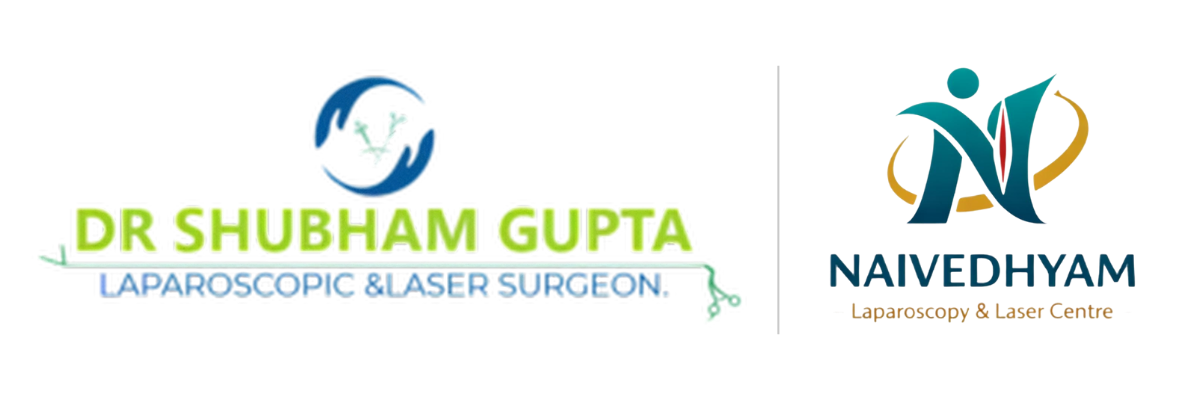New Surgical Techniques (TAPP/TEP): What Are the Benefits for Patients?
When it comes to hernia surgery, the past decade has brought remarkable advancements. Traditional open surgeries, though effective, often involved longer recovery times, visible scars, and more discomfort for patients.
Today, with laparoscopic approaches like TAPP (Transabdominal Preperitoneal Repair) and TEP (Totally Extraperitoneal Repair), patients can experience a faster, safer, and more comfortable recovery.
At True Health Polyclinic, Gwalior, Dr. Shubham Gupta and his team have been at the forefront of adopting these minimally invasive techniques. Let’s understand what makes TAPP and TEP special — and why they are changing the way we treat hernias.
Understanding TAPP and TEP
Both TAPP and TEP are advanced laparoscopic techniques for hernia repair:
TAPP (Transabdominal Preperitoneal Repair):
In this approach, the surgeon enters the abdominal cavity, places a mesh in the preperitoneal space, and repairs the hernia from within.
TEP (Totally Extraperitoneal Repair):
Here, the surgeon avoids entering the abdominal cavity, instead working between the abdominal wall layers to place the mesh.
While the techniques differ slightly, the common goal remains the same — to achieve a strong, durable repair with minimal trauma to the body.
Key Benefits for Patients
1. Smaller Scars, Better Aesthetics
Unlike open surgery that leaves a larger incision, TAPP and TEP are performed through tiny keyhole cuts. This means almost invisible scars and better cosmetic outcomes – something younger patients especially appreciate.
2. Less Pain and Discomfort
Because these surgeries are minimally invasive, surrounding muscles and tissues are spared from unnecessary trauma. Patients typically report much lower pain levels after surgery compared to traditional methods.
3. Faster Recovery
Most patients can return to normal activities within a week, and many resume office work in just 2–3 days. For working professionals, this makes a huge difference in minimizing downtime.
4. Lower Risk of Recurrence
With proper mesh placement and advanced techniques, both TAPP and TEP provide a durable repair. In experienced hands, recurrence rates are very low.
5. Safer for Bilateral and Recurrent Hernias
For patients with hernias on both sides or those who experienced recurrence after open surgery, TAPP/TEP offer a safer and more effective solution. Surgeons can treat both sides in the same sitting with minimal extra effort.
6. Quicker Return to Sports and Active Lifestyle
Athletes or fitness enthusiasts particularly benefit from laparoscopic hernia repair. With less tissue trauma and faster healing, they can resume physical activity sooner without compromising safety.
Why Choose an Experienced Surgeon?
While these techniques sound promising, the success of TAPP and TEP depends heavily on the surgeon’s expertise. A specialist trained in laparoscopic hernia surgery ensures precision, safety, and long-term success.
Dr. Shubham Gupta, with his extensive experience of performing thousands of laparoscopic procedures in Gwalior, combines advanced technology with patient-focused care. His expertise ensures that patients not only get rid of the hernia but also recover smoothly and regain confidence in their daily activities.
Final Thoughts
The future of hernia surgery is clearly moving towards minimally invasive methods like TAPP and TEP. For patients, this means less pain, faster recovery, and better results overall.
If you or a loved one is considering hernia surgery, consulting an experienced laparoscopic surgeon can make all the difference.
At True Health Polyclinic, Gwalior, Dr. Shubham Gupta is committed to bringing world-class surgical care closer to home – ensuring that patients benefit from the latest techniques with the highest standards of safety.



